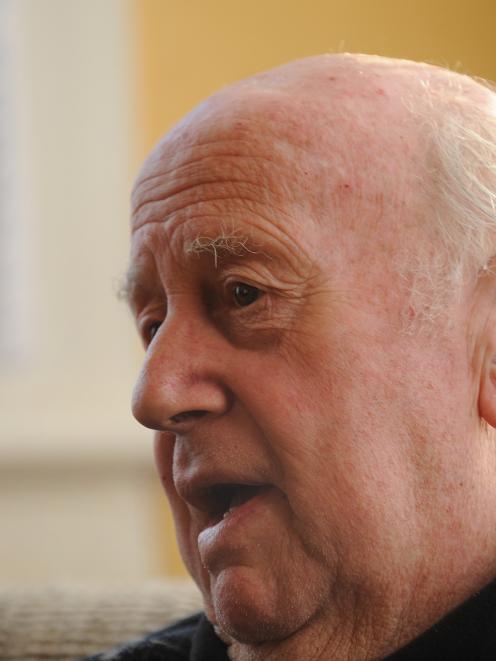Nearly a decade after her son’s death, a Dunedin mother’s battle for an apology from Corrections has reached court.

But five years on, Mr Cuttance’s mother, Elizabeth, is still fighting to have the errors acknowledged by the attorney-general.
She gave evidence at the Dunedin District Court yesterday as part of her bid for a formal declaration regarding the alleged shortcomings and said she had been driven by the lack of compassion her son was shown.
“It’s very sad to lose a child but far worse to witness their suffering before they die, feeling helpless as a mother in the face of what appeared to be institutionalised indifference and cruelty,” Mrs Cuttance said.
Dr Coleen Lewis told the court that if Mr Cuttance had been prescribed anti-fungal medication in December 2011 or earlier he would have probably survived the rare illness.
He was jailed in November that year for two and a-half years on charges of arson and aggravated assault.
After sentencing, Mrs Cuttance called OCF and informed them her son had spent several nights in hospital in the weeks leading up to his incarceration.
Over the course of her weekly visits to the prison, she became increasingly concerned about his declining health.
“I will die in here if I don’t get help,” Mr Cuttance told her.
Meanwhile, the man’s fellow inmates were also worried about his plummeting physical state.

“I have no medical training but I could see he would die without treatment,” he said.
“He would hold his head moaning in pain. He’d kneel on the floor over the toilet bowl vomiting until he had nothing left to vomit. It was terrible to watch.”
Mr Chilcott became tearful as he read his statement in court.
“I still get mad and upset thinking about the neglect,” he said.
During his brief stay behind bars, Mr Cuttance was seen 30 times by nurses and a GP contracted by Corrections but was not transferred to hospital until January 15 following a visit from his mother during which he was in excruciating pain, talking incoherently.
Another inmate, John Lahood, said Mr Cuttance’s complaints had effectively been brushed aside by prison staff.
By January, Mr Cuttance was barely leaving his cell and took to hitting himself in the head to try to alleviate the pain.
“Have you ever seen a broken man? He was broken at this point,” Mr Lahood told the court.
Before he was released, he and others wrote a letter to Mrs Cuttance about her son’s treatment.
“I just thought [she] had a right to know,” he said.
Dr Lewis said the “persistence and progression” of Mr Cuttance’s symptoms should have prompted those charged with his care to act sooner.
She criticised the doctor who assessed him in prison in December for relying too heavily on a CT scan that showed no abnormalities.
“If the patient is still unwell ... and the tests you’ve done are normal, it would be very bad practice of medicine to not consider that maybe you need to do a different test.”
Dr Lewis also found it “troubling” he was never referred to by name in the medical notes.
“There’s a dehumanising aspect,” she said.
Judge Paul Kellar indicated he would reserve his decision at the trial’s conclusion today or tomorrow.








